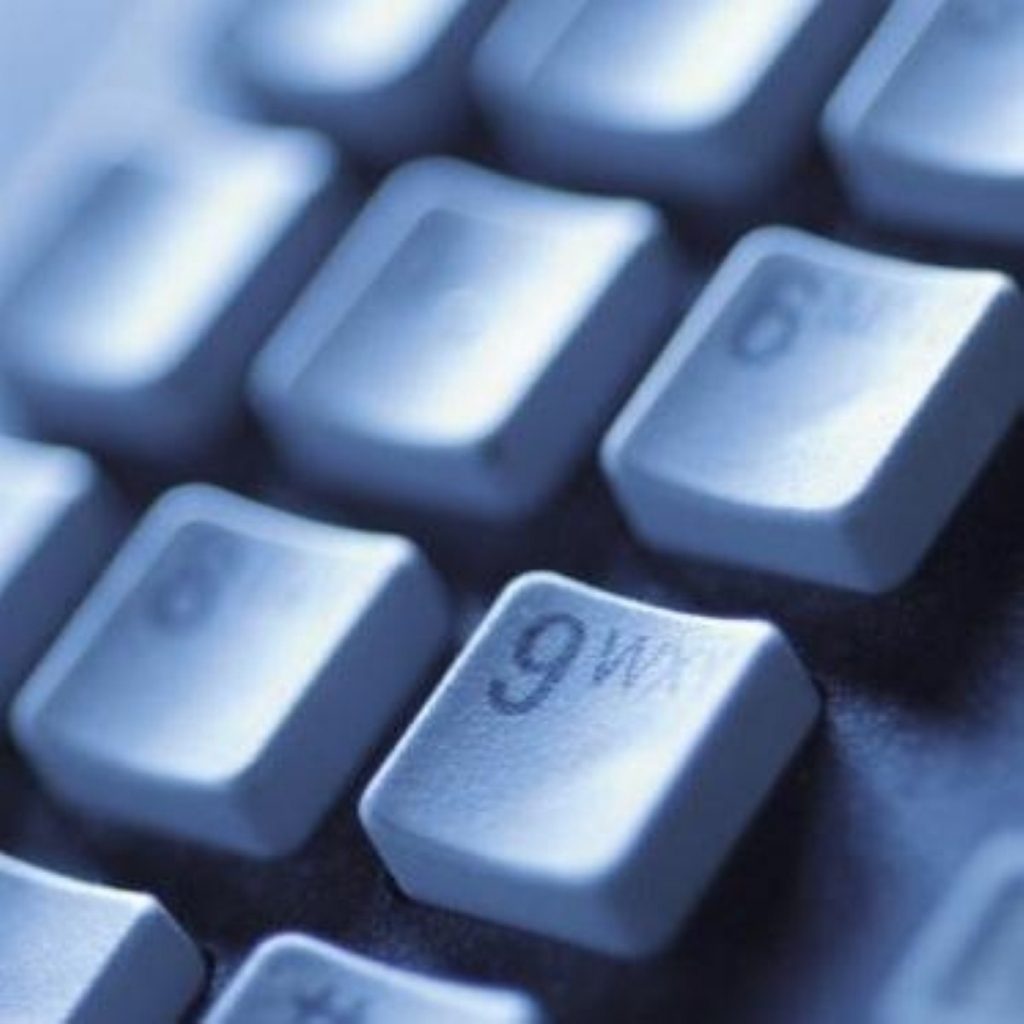Intercept evidence to be allowed
The prime minister has sanctioned the use of intercept evidence in court.
Gordon Brown told MPs today the limited use of intercept evidence could benefit national security.
But after concerns were raised by security agencies that it could compromise their methods, he said evidence would not be submitted against the wishes of agencies, or if the information contained could have been discovered through other means.
“The use of intercept in evidence characterises a central dilemma we face as a free society – that of preserving our liberties and the rule of law, while at the same time keeping our nation safe and secure,” the prime minister said in a statement to the House of Commons.
Mr Brown’s announcement follows a review by Sir John Chilcot, former permanent secretary to the Northern Ireland office, who was asked in July to look at whether using phone-tap evidence in court would help secure more convictions.
The review, also published today, will make up a key element of the counter-terrorism bill.
“[The Chilcot Report] concludes that its should be possible to find a way to use some intercept material as evidence, provided – and only provided – that certain key conditions can be met. These conditions relate to the most vital imperative of all – that of safeguarding our national security,” Mr Brown said.
The UK is currently one of the few countries that does not allow secretly intercepted private communications, including e-mails, post, faxes and telephone calls, to be used in court cases.
Commenting earlier on the plans, shadow home secretary David Davies said: “This sounds like a break through. We have been calling for this for years.
“The use of intercept has proved vital to counter terrorist efforts almost everywhere else in the world.
Liberal Democrat spokesman Chris Huhne also stated he supported the use of the evidence.
“The use of intercept evidence is overdue and will help to bring many criminals to justice without resorting to desperate measures such as a further extension of the period of detention without charge or trial to 42 days.”
Liberty spokeswoman Shami Chakrabarti said: “If they can use phone taps in court all over the world without compromising security, why shouldn’t we?
“A British public concerned about excessive surveillance might be comforted if judges authorised the warrants and the material put to more effective use,” she added.
The government is currently trying to push through measures that would extend the period terror suspects can be held without being charged.
The prime minister announced that “extensive work” was now required to make sure a complex set of conditions around the use of intercept evidence could be met.





-01.png)